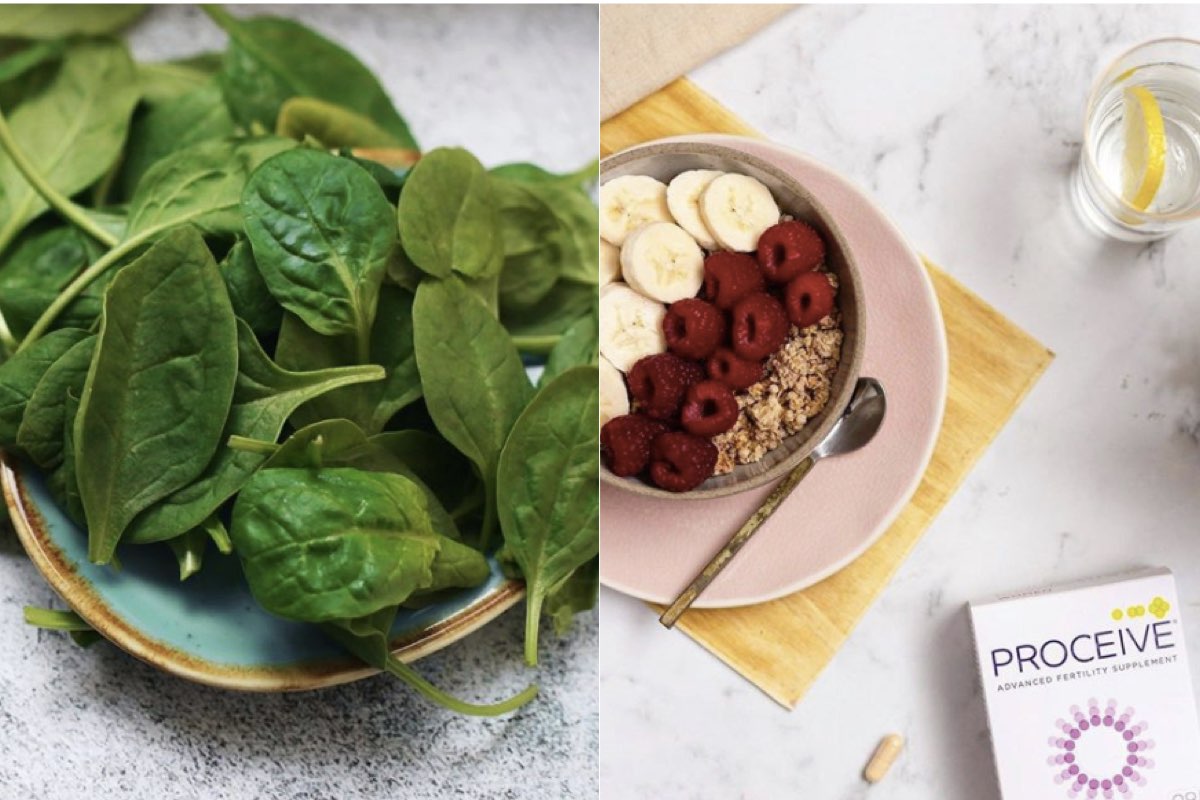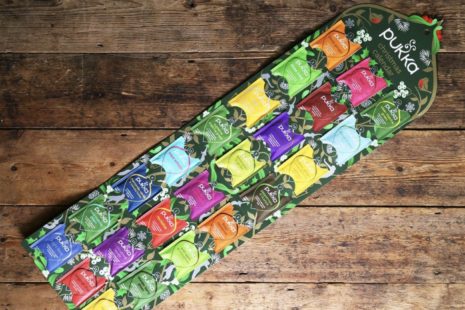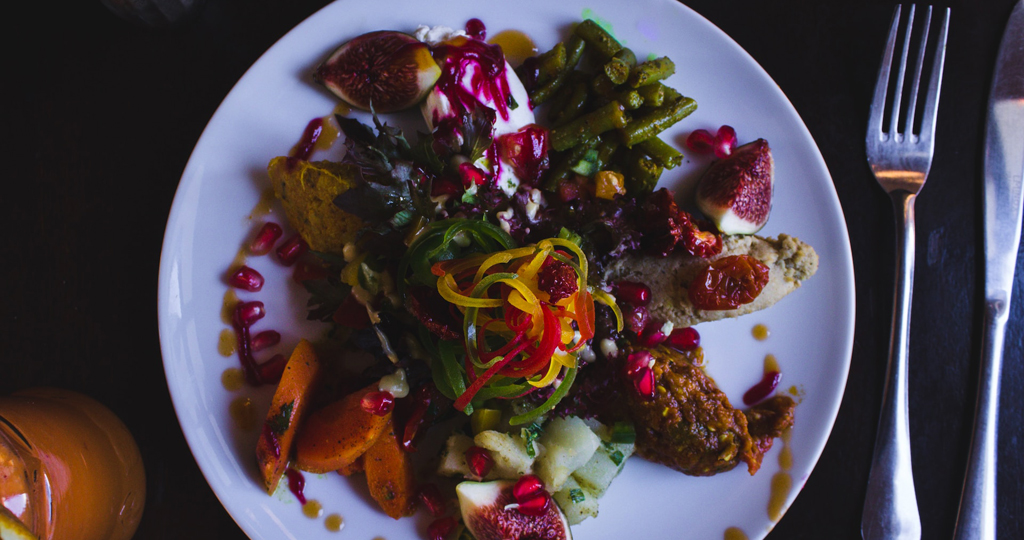What we eat has a profound effect on how we feel as well as helping to stabilise our weight and boost fertility. We asked the experts at The Marion Gluck Clinic to give us some nutritional tips on how to balance hormones with good nutrition…
How to Balance Hormones with good Nutrition
1. Eat more Fibre
Oestrogen and progesterone work in relation to one another and fibre can help reduce oestrogen levels which in turn can help progesterone work more effectively. Your body absorbs oestrogen from certain foods and therefore the longer these foods take to get through your digestive system the more oestrogen is absorbed. Fibre helps improve your bowel movements and makes sure there is less time for oestrogen to be absorbed into your system.
Foods which are high in fibre include:
Oats
Flaxseed
Quinoa
2. Introduce a range of foods that include Zinc
Zinc has an impact on a number of different areas of your body which are essential in the production of progesterone, including the ovaries and your pituitary gland. Zinc increases the production of Follicle Stimulating Hormone (FSH) which in turn causes ovulation and leads to the production of progesterone.
Foods which are high in zinc include:
Lean Beef
Seafood
Pumpkin and Squash Seeds
Nuts

3. Vitamin B6 is great for progesterone and for when women are trying to conceive
Vitamin B6 has been shown to help improve progesterone levels and is, therefore, one of the vitamins which women who are trying to conceive often take. Research has shown that women who have higher levels of vitamin B6 in their blood have reduced miscarriage rates by 50%.
Foods which contain vitamin B6 include:
Sunflower Seeds
Fish
Turkey
Dried Fruit
4. Ensure you are getting enough Magnesium
Magnesium plays a very important role in hormone regulation and is therefore one of the nutrients that boost progesterone levels. The reason for this is that it helps regulate the pituitary gland which produces FSH, Luteinising Hormone (LH) and Thyroid Stimulating Hormone (TSH), which lead to the production of both oestrogen and also helps to boost progesterone.
Foods which are high in magnesium include:
Spinach
Fish
Dark Chocolate
Whole Grains
Nuts and Seeds

5. Boost your Vitamin C
Research has shown that women who take vitamin C have significantly increased levels of progesterone in their systems, in fact, women who took 750mg of vitamin C per day had an increase of 77%.
Foods which are high in vitamin C include:
Yellow Peppers
Oranges
Broccoli
Kiwi
Kale
6. Start looking for foods that include L-Arginine
If you haven’t heard of L-Arginine you’re probably not alone but it can be very handy to boost progesterone. This amino acid is found in high protein foods and is important in the production of nitric acid which aids blood circulation. Increased circulation makes sure that your corpus luteum (which produces progesterone following ovulation) and your ovaries can work effectively.
Foods which are high in L-Arginine include:
Lentils
Salmon
Pumpkin Seeds
Chicken
Pork
Lean Beef
7. If you are still experiencing low mood, weight gain or fertility issues – seek medical advice.
Your symptoms may be down to a hormonal imbalance. The Marion Gluck Clinic treat a range of symptoms that can be reduced and even irradiated by bio-identical hormonal replacement treatment.
Get your weekly DOSE fix here: SIGN UP FOR OUR NEWSLETTER
















